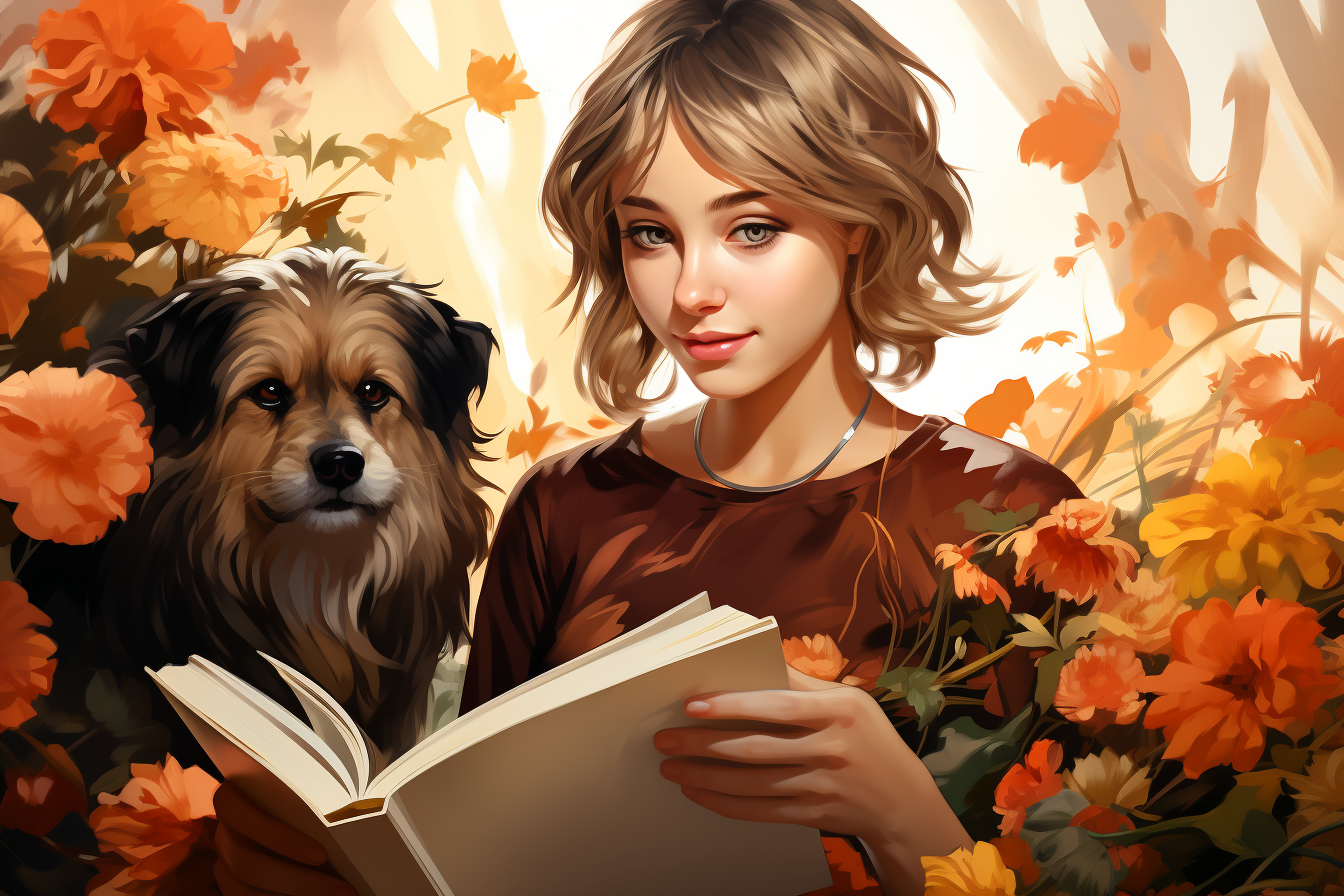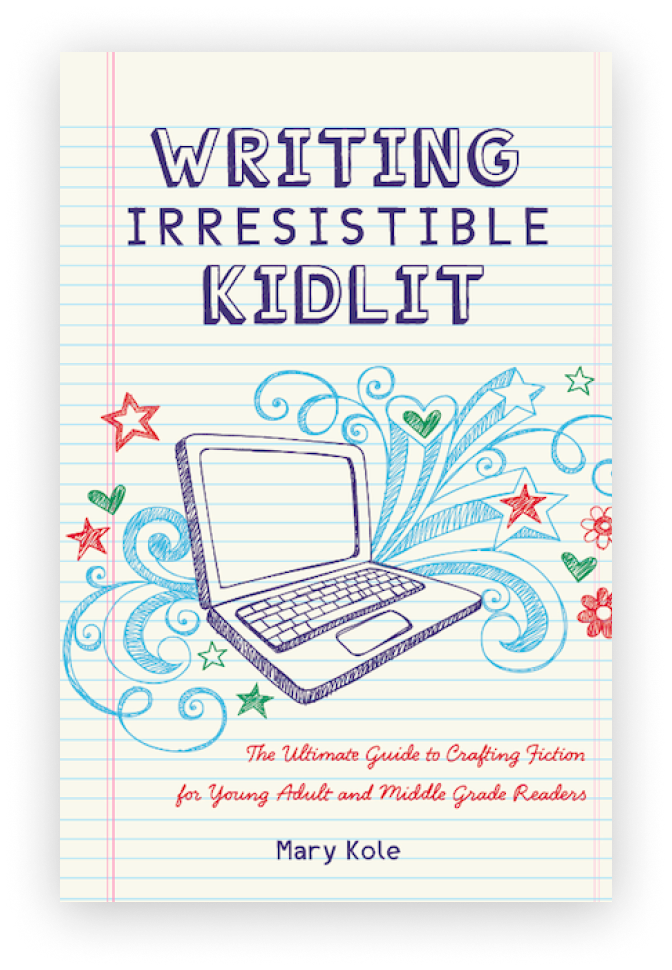What Is a Book Genre?
By Mary Kole
Mary Kole is a former literary agent, freelance editor, writing teacher, author of Writing Irresistible Kidlit, and IP developer for major publishers, with over a decade in the publishing industry.
One of the first things you need to nail down when you sit down to write your story idea is its book genre, which also relates to your category and target audience. But with so many different genres out there, how do you know which one is the right fit for your story? In this article, I’ll aim to be your guide on this journey. We will discuss the common book genres, what differentiates one genre from another, and how to play with a book genre to satisfy readers and write to market while also putting a fresh and marketable spin on your chosen book genre. We'll also emphasize the importance of being intentional about selecting a book genre and knowing what that genre entails if you want to write within it.
What Is a Book Genre?
Ideally, you will know what book genre you intend to write or publish in before you sit down to craft your manuscript. But if you’re new to writing or haven’t considered the topic of book genre before, that’s perfectly fine. First things first—let's define what a genre is. A book genre is a category given to a particular work based on its content, style, and theme. It is how publishers, bookstores, libraries, and readers classify and group books based on common characteristics and reader expectations. Let's dive into some of the most popular examples of book genre.
mystery/thriller
These books play with suspense, darkness, and danger. In a mystery, the central question is "whodunit?" (a murder has already happened) while thrillers are more focused on the unfolding of a dangerous situation (and the protagonist’s race against the clock to stop something bad from happening). Readers of these books want to be kept on the edge of their seats with suspense, conflict, high stakes, and unexpected twists and turns.
science fiction/fantasy
These genres often feature worlds that are not quite like our own, and involve a lot of imaginative worldbuilding, or description of setting, magic systems, and technology (especially in the case of science fiction). Fantasy books often have magical or supernatural elements, while science fiction is more rooted in technology and, often, space travel. These books play with speculative ideas and allow readers to escape from reality for a short while, even though their themes are always grounded in humanity.
romance
These books focus on the romantic relationships between two (but sometimes more, in the case of erotica) characters. They can range from sweet and innocent to steamy and explicit, but they all have love at their core. Romance readers are looking for a satisfying love story with a happy ending (or a happy-for-now). A subset of romance is the romantic comedy, which has a lot of different romcom tropes that you can play with and explore.
historical fiction
These books are set in a particular historical time period and often feature real events or people, or are inspired by them. They play with what could have happened during that time period and ask readers to imagine what it would have been like to live in the past. Worldbuilding also features heavily in historical fiction but is more concerned with factual details than made-up ones.
Digging Deeper Into Book Genre
It’s important to understand what differentiates one book genre from another. While the above genres often have overlaps, they still have unique characteristics that set them apart. For example, a mystery may have elements of science fiction, but it's not a science fiction book, per se. There is generally always a leading book genre that comes first in the pitch or query letter for the project, as well as the book marketing. Similarly, a historical romance may be set in the past, but it's not a strictly historical fiction book if the romantic elements are the primary book genre. Understanding these differences is crucial for making sure you're pitching the book correctly to literary agents and publishers, or marketing your book to the right audience.
Now, let's talk about playing with a book genre. While it's important to know the main characteristics of the genre you want to write in, you also have the opportunity to put your own spin on things. Think outside the box and challenge the genre's norms. Genre-blending and subverting genre norms is very popular. For example, what if you wrote a thriller where the protagonist is the villain? Or a romance novel where the two characters don't end up together? By playing with the genre, you can create something fresh and unique that will stand out to readers, as long as you do it for a good reason and intentionally, instead of simply for shock value.
Finally, it's crucial to be specific when selecting a book genre. If you're not familiar with a genre, read books within it to get a sense of what readers are looking for. Don't write in a genre just because it's popular—make sure the book genre you’ve chosen fits the story you want to tell. Certain genres have more established audiences and sales potential, so be attuned to what readers are currently buying, and let your market knowledge inform your decisions.
Choosing a book genre may seem overwhelming, but it's ultimately a key element in telling your story effectively and finding the right readers. While it's important to understand the characteristics of each genre, don't be afraid to put your own spin on it. By being intentional about selecting a genre and knowing what that genre entails, you'll set yourself up for success in the ever-evolving publishing market.

Click here to purchase Writing Irresistible Kidlit, my book on fiction craft for MG and YA novels, out from Writer's Digest Books. This will show you my writing craft philosophy and give you lots of valuable advice, including tips for the novel revision process and self-editing. There are over 35 example novels cited and discussed throughout. It’s a valuable resource for any writer’s toolkit.
Click here to purchase Irresistible Query Letters, my book on query letters, including over forty examples with comprehensive notes on each one. There’s a ton of submission advice, best practices, and insider information in these pages, and you’ll really enjoy seeing what other writers are doing in the slush.
Click here to purchase Writing Interiority: Crafting Irresistible Characters, my book on interiority and character creation. Explore your protagonist’s thoughts, feelings, reactions and interpretations, expectations, and inner struggles to create a rich, immersive experience. This guide will empower you to create characters who live and breathe on the page, fostering an unbreakable bond with your audience.





